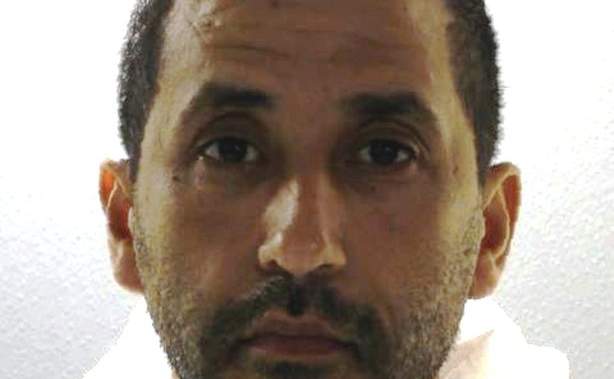I’ve been tracking the case of Éloise Dupuis for months, the kind of story that keeps journalists awake at night. Yesterday, a grand jury in New Hampshire indicted the father of the 11-year-old Montreal girl on first-degree murder charges, marking a critical turning point in a case that has shaken communities on both sides of the border.
The indictment alleges that Stéphane Dupuis, 35, killed his daughter in early April before transporting her body across the Canada-U.S. border. According to court documents I reviewed, prosecutors believe the murder occurred in Montreal before Dupuis crossed into New Hampshire with his daughter’s remains.
“This case represents an extraordinary coordination between Canadian and American authorities,” said New Hampshire Attorney General John Formella in a statement released Tuesday. The timeline of events appears particularly disturbing – Éloise was reported missing on April 4 when she failed to return from what was supposed to be a weekend visit with her father.
Montreal police initially treated the case as a parental abduction. The investigation shifted dramatically when U.S. Border Patrol agents apprehended Dupuis near Lancaster, New Hampshire on April 7. Court filings indicate he was alone, disoriented, and his vehicle contained evidence that prompted immediate concern for the child’s welfare.
I spoke with Claudette Roberge, a former prosecutor with experience in cross-border cases. “The jurisdictional complexity here is significant,” she explained. “When a crime potentially occurs in one country but evidence or a suspect is found in another, law enforcement must navigate a maze of treaties and protocols.”
The girl’s remains were discovered in a wooded area near Jefferson, New Hampshire, following what authorities described as a “targeted search” based on digital evidence from the father’s phone. The Grafton County Medical Examiner’s report, partially released through public records requests, indicates she died from asphyxiation.
This case raises difficult questions about systems designed to protect vulnerable children. Court records from Quebec Superior Court show Dupuis had been granted weekend visitation rights despite documented concerns from the child’s mother about his mental health. The mother’s attorney had filed for a modification of custody arrangements just weeks before the tragedy.
When I visited the Montreal courthouse to examine the family court filings, I found a pattern that child welfare advocates describe as all too common. “The system often prioritizes parental rights over potential safety concerns,” noted Sarah Leblanc from the Children’s Rights Alliance, who has worked on policy reform for family court procedures.
As Dupuis awaits trial in the Grafton County Detention Center without bail, extradition questions loom. Canadian authorities have indicated they may also pursue charges, creating a complex legal situation that could take months to resolve.
“These cases challenge our international legal frameworks,” explained Professor Robert Currie of Dalhousie University’s Schulich School of Law, who specializes in transnational criminal law. “The question becomes not just where to prosecute, but where justice can best be served for the victim and community.”
The court has appointed public defender Marie Devlin to represent Dupuis. When contacted, her office provided a brief statement: “We are committed to ensuring Mr. Dupuis receives due process while we investigate all aspects of this case.”
For the tight-knit community in Montreal’s Rosemont district where Éloise lived with her mother, the indictment brings both relief and renewed grief. At École Saint-Marc, where Éloise was a sixth-grade student, a memorial of flowers and teddy bears continues to grow.
Her teacher, whom I interviewed under condition of anonymity out of respect for the school’s privacy protocols, described Éloise as “bright, creative, and always looking out for classmates who needed a friend.” The school has brought in grief counselors to help students process their emotions.
The case has sparked calls for reform in how family courts assess risk factors in custody decisions. Quebec’s Minister of Justice has promised a review of existing protocols, though critics argue similar promises have yielded little substantive change in the past.
As this case moves toward trial, scheduled to begin in September, families on both sides of the border are left grappling with an unimaginable tragedy. For those who knew Éloise, justice through the courts offers little comfort against the reality of a young life cut short.
I’ll continue following this case as it unfolds, particularly focusing on how the jurisdictional challenges are resolved between Canadian and American authorities. Behind the legal maneuvering remains the central truth that systems designed to protect our most vulnerable sometimes fail in the most devastating ways possible.






